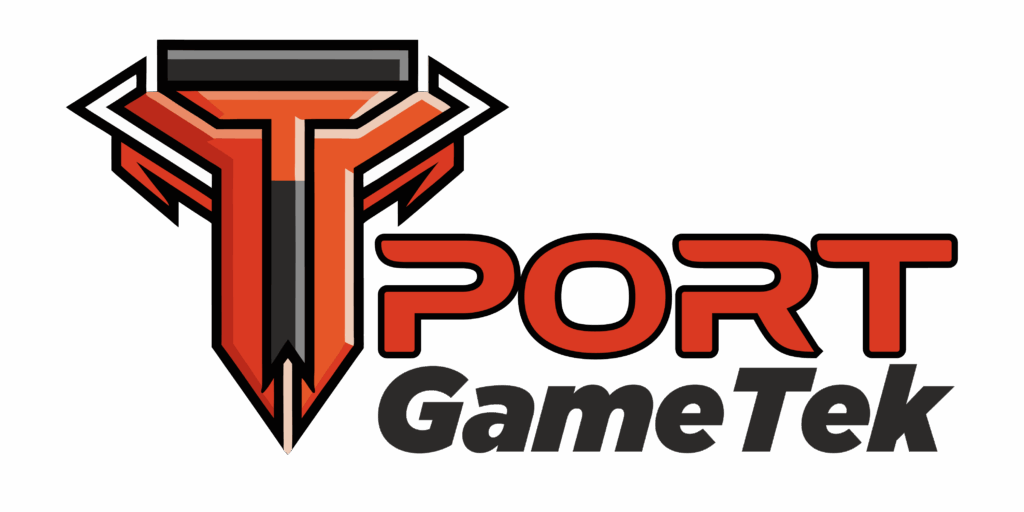Game Guide tportgametek: Core Habits
Every winning player has systems. Start here:
Set clear goals: Don’t “just play.” Aim to master a new character, climb a tier, or break a bad habit. Warm up: 1015 minutes in practice mode to build muscle memory, not frustration in live matches. Review: Play, rewatch, learn—focus on one mistake per session, fix it before moving on. Take notes: Keep a strategy log (digital or notebook) on maps, combos, counters, or meta shifts.
Game guide tportgametek emphasizes progress by routine—not just “feeling” your way each session.
The “First Five Minutes” Principle
Momentum is won or lost early. In any match:
Scout: Learn maps, find resource/buff spawns, and understand common early ambushes. Pace yourself: Don’t rush to the center or objective—position with discipline, not panic. Early economy: Manage gold, points, ammo, or powerups with restraint—for the midgame, not just the start.
Good openings aren’t about quick kills; they’re about building ground for decisive strikes later.
Tactical Awareness: Information Beats Reaction
Monitor minimaps/radar/trackers constantly—discipline your eyes to scan, not just tunnel vision. Use ingame ping or quick chat—not full comms for every move, but call out threats, flanks, or major objectives. Predict enemy choices: Track opponent habits, anticipate rotations, and adapt builds or unit selection to soft counter common plays.
Reading the flow—rather than just reacting—wins late rounds.
Objective Play: Win Conditions Over Kill Chasing
Every game has core win conditions:
Objectivebased: Capture the point, hold the flag, destroy the core—don’t farm stats where it doesn’t matter. Economy: Upgrade in sequence, invest in core units, don’t buy every shiny item. Timers and rotates: Notice game timers for buffs, drops, or crucial resets—map them, and prep rotations a minute in advance.
Let others chase distractions; you play for the objective every time.
Adaptation: Countering Meta and Mind Games
Game guide tportgametek says never expect your “main” flavor or build to always work. Best practices:
Meta scanning: Watch patch notes, pro games, and forums for current bestinslot strategies. Have 2–3 builds/characters practiced; never be onedimensional. Use early picks or rounds to probe: test opponent resolve, shake their comfort picks, or force awkward trades.
Quick adaptation beats mechanical edge at high ranks.
Communication and Team Leadership
Short callouts and clarity: “Left flank push; need heal; two on point.” No tilt, no blame: Reset after failures; voice only for constructive, tactical talk. Solo play: Mark intentions—don’t expect coordination, but bait, split, or create chaos to win outnumbered.
Lead by discipline, not noise.
Economy and Power Spikes
Monitor your own and your opponent’s milestones:
Save ults, special ammo, or big cooldowns for crucial fights. Don’t blow resources on unwinnable scrambles—preserve power for mustwin situations. Notice when you/your team hits a key upgrade: Force fights right after to maximize the lead.
Discipline means delayed gratification—spike hard when the odds swing in your favor.
Mindset and Recovery
Limit losses: After two or three bad games, step back. Reflection beats tilt. Celebrate wins with brief review: Don’t assume victories mean perfection—find new gaps to tweak. Set time blocks: Don’t marathon for 8+ hours—fatigue breeds sloppy habits.
The top game guide tportgametek tip: Chase improvement, not grind. Real progress is measured by skill, not playtime.
Hardware and Setup
Optimize settings for clarity and speed: FPS first, not graphics polish. Learn hotkeys/custom layouts: Remove clutter, set up tooltips/skills for comfort and repetition. Test audio cues: Sound is a huge advantage—use good headphones, finetune volume for footstep or ability tells.
Preparation here pays off every round.
Community and Resources
Watch pros—not just highlights, but full games for macro decisionmaking. Share replays for critique; don’t hide from feedback. Use game guide tportgametek for tier lists, patch breakdowns, and highlevel commentary—avoid drama, seek structure.
What to Avoid
Chasing only “fun”/random builds: Save experimentation for unranked or custom lobbies. Ignoring loss streaks: If you slip, analyze—not just “bad luck.” Blaming teams every game: Focus on one fixable habit per session; progress is personal.
Checkpoint: Discipline Over Time
Log every session result, 1–2 key lessons, and next day’s goal. Once a week, review strategy notes; update builds or metas. Reward discipline: rank up not for wins, but for a stack of focused, improvementdriven hours.
Final Verdict
Game strategy is won and lost in quiet, persistent focus. Let game guide tportgametek shape your habits: drill, adapt, and lead with intent. Results follow those who rethink their process, not just their play. Master the routine, outlast the drama, and every win will be by design, not accident.



 Elyndra Durnhaven, editor and co-founder of TPort Game Tek, is a visionary gaming expert dedicated to delivering news, reviews, and insights that inspire players
Elyndra Durnhaven, editor and co-founder of TPort Game Tek, is a visionary gaming expert dedicated to delivering news, reviews, and insights that inspire players

